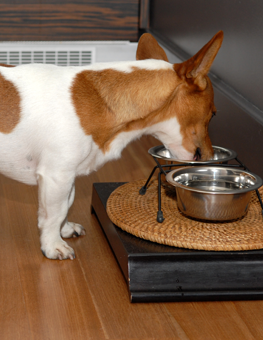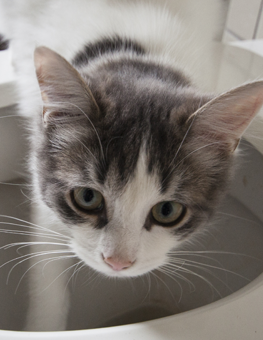Why is My Dog Sleeping So Much?
Many new pet parents are surprised by the amount of time that their dogs sleep, but, in many situations, there's no problem.

It's not unusual for many dog breeds to sleep a lot.
Dogs have different body chemistry than humans, which requires them to sleep much more – some dogs may sleep close to 18 hours a day! While excessive sleeping is the norm in many dogs, there may be a few situations where an overly tired dog can mean that your pet is sick, so read on to learn more.
How Much Does a Typical Dog Sleep?
It's not unusual at all for many breeds of dog to sleep about 14 hours a day, noted PetPlace. This aggregate amount comes from a combination of sleeping at night and many naps throughout the day.
Larger breeds like Newfoundlands, Saint Bernards and Mastiffs may sleep nearly 20 hours a day, so if your large dog is spending much of the day sleeping, you can rest assured that this is normal behavior.
Dogs have different sleep cycles than humans do. While they may sleep for a longer total of hours, they wake up more easily than humans. This has to do with the way sleep affects a dog's brain: Dogs enter the rapid eye movement part of sleep in about 10 minutes, whereas it takes humans much longer. This is the part of sleep where you might notice your dog appears to be dreaming, making sounds and jerking his or her legs.
What to Do if You Notice Your Dog's Sleeping Pattern Changes?

Your dog's diet may affect their sleep.
Each breed of dog is likely to sleep differently, and the same is true of individual dogs. Some may simply sleep more than others, so you should try to be aware of how much your dog sleeps on a regular basis. Keep in mind that your dog is likely napping while you're at work or out of the house.
If you notice your dog sleeping much more than usual, your dog's diet might be to blame. Make sure that your dog is getting plenty of water during the day, as dehydration can make your pet more tired.
Changing your dog's diet can help as well. If you try to make these changes and notice that your dog is still sleeping excessively, it may be time to take your dog to the vet.












